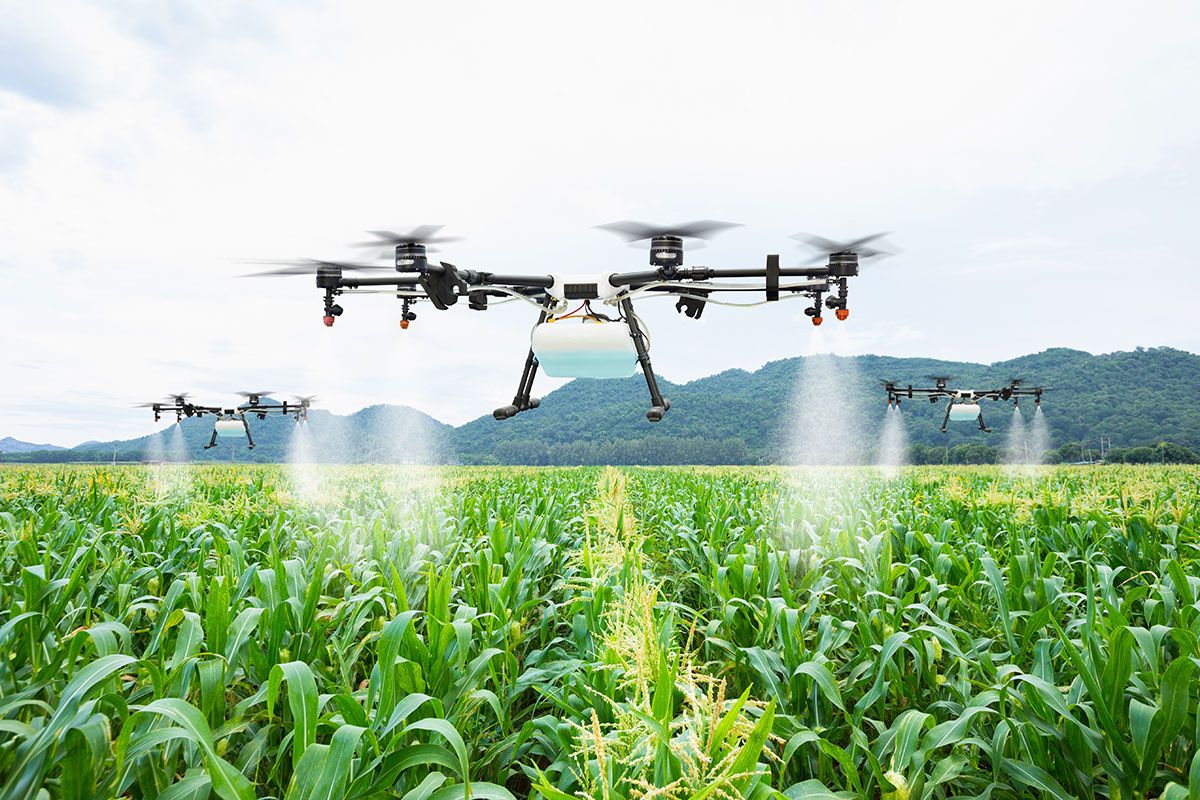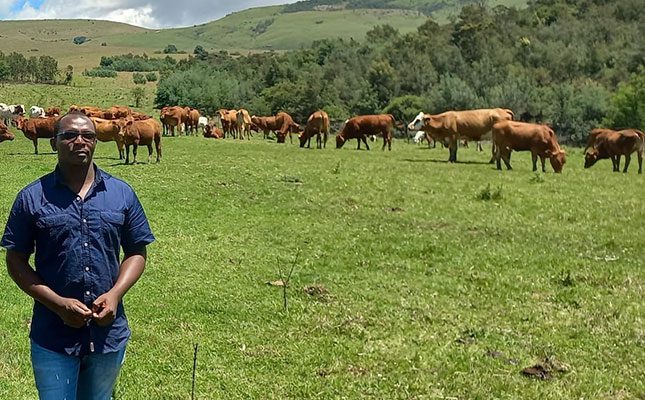In the heart of Mpumalanga, where sugarcane fields stretch for miles and livestock graze under the African sun, a quiet revolution in farming is taking place—led by a young, visionary farmer named Thabiso Sithole.
Born and raised in Komatipoort, Sithole’s journey began far from tractors and paddocks. After earning a BCom in Economics from the University of KwaZulu-Natal in 2015, he made an unusual move for a commerce graduate—he dove headfirst into agriculture. With a 714-hectare government-leased farm and a clear mission, he launched his career as a beef farmer, determined to build a business that was not only profitable but also socially impactful.
“I didn’t want to wait around,” says Sithole. “I knew I wanted to farm, and I wanted to do it in a way that brought value back to the community.”
From Cattle to Code: The Birth of FieldTech
In 2021, Sithole took his ambition further by co-founding FieldTech Environmental Solutions, an agri-tech services company based in Howick, KwaZulu-Natal. Along with a group of like-minded agricultural graduates, he set out to tackle one of rural farming’s biggest challenges—the technology gap.
“Many small-scale farmers were still using manual and outdated methods,” Sithole explains. “We saw an opportunity to bring drone technology and mechanised solutions to rural areas—solving real problems in a faster, safer, and more efficient way.”
Today, FieldTech is on the frontlines of precision agriculture. The company provides drone crop spraying, aerial monitoring, and mobile cattle auctions—services that drastically reduce chemical usage, improve productivity, and enable farmers to reach markets that were once out of reach.
Whether it’s spraying sugarcane, monitoring maize fields, or auctioning beef cattle via mobile platforms, FieldTech is bridging the digital divide in agriculture—one farm at a time.
Safer, Smarter Farming
Beyond efficiency, FieldTech’s solutions are helping protect the health and safety of farm workers. Sithole points to sugarcane farming as an example, where hazardous chemicals are traditionally sprayed by hand.
“It’s dangerous work,” he says. “Workers are exposed to chemicals that can cause serious health problems. By using drones, we keep people out of harm’s way while still getting the job done effectively.”
FieldTech promotes its services through its website, roadside billboards, pamphlets, and presentations at farmer days—reaching both emerging and commercial farmers across KwaZulu-Natal.
Rising Through the Ranks: Metropolitan Collective Shapers Finalist
Sithole’s passion and innovation didn’t go unnoticed. In 2025, he became a finalist in the Metropolitan Collective Shapers Programme, an initiative aimed at supporting young entrepreneurs who are building solutions that benefit society.


“The programme helped us refine our strategy and branding,” says Sithole. “We learned how to position ourselves more effectively and think critically about how we serve the agricultural community.”
Through mentorship, networking, and exposure, the programme gave FieldTech the tools to scale—though access to capital remains a challenge. “We need funding to expand our livestock processing facilities and acquire more equipment,” he notes.
Looking to the Future
Despite the financial hurdles, Sithole’s vision for FieldTech is crystal clear. He dreams of transforming the company into a regional hub for precision agriculture, offering training, equipment rental, and meat processing services throughout KZN.
His long-term goal? Modernise agriculture while empowering rural communities. “Technology isn’t just for the future—it’s for the now,” he says. “We’re using it to save lives, create jobs, and uplift local economies.”
With drones in the sky, boots on the ground, and innovation at his core, Thabiso Sithole is rewriting the story of farming in South Africa—not just with data and determination, but with heart.
Follow FieldTech: https://fieldtec.net
Learn more about the Metropolitan Collective Shapers Programme